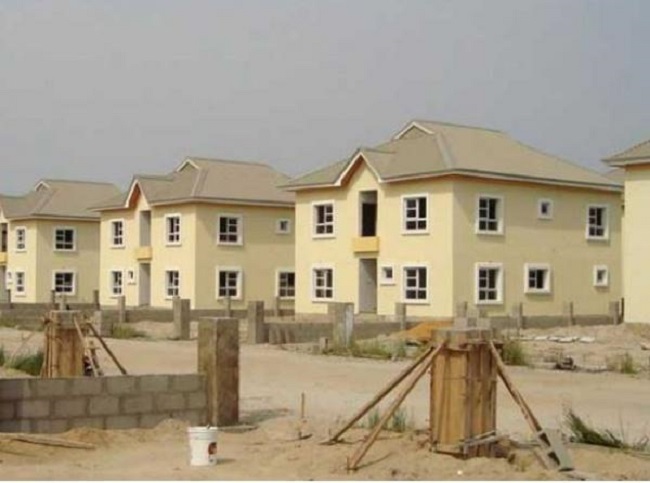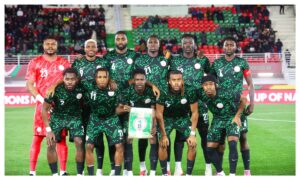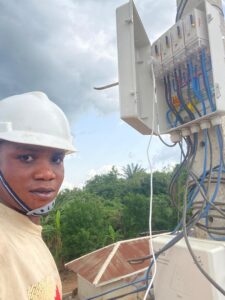Census offers Nigeria opportunities to choose possibilities, opportunities- UNFPA
[ad_1]
The United Nations Population Fund Agency(UNFPA) has said the 2023 population census will offer Nigeria opportunities to choose possibilities and opportunities, particularly as the country is projected to reach the 450 million mark by 2050.
The Resident Representative of UNFPA, Ms Ulla Elisabeth Mueller, in her special remarks at the ‘High-Level Partners Engagement on the 2023 Population and Housing Census’ in Abuja, said Nigeria will be 450 million people in 2050 with 3.2 percent growth means the population will be double in 22 years is not much of a challenge.
Mueller, however, said: “Nigeria can choose to be 450 million strong and understand the possibilities and opportunities and well educated and well-managed population offers to its country.
“Or we can choose to be 450 million blind and make decisions based in the dark on guesstimates, which means that we risk putting our investments not where they should be”.
“We risk building schools where there are no women delivering children, for instance, that would be a bad investment. We need to think about how we do roads, where is the upcoming markets, that’s where it’s interesting for the private sector.”
“If I was a private sector operator in this country, I would want to know where my consumers live. What do they need? Do we talk about the digitalization of Nigeria? Where do we want the companies to go as we expand on the network? How do we make all of these wise decisions for the betterment of this country?”
“It’s been said by many of you that Nigeria needs evidence. We need to know what this great country looks like. We need to understand that everyone counts.
“We need to understand that if we don’t know that, we will continue to make a lot of hips and possibly a lot of Miss in our decision making.”
Mueller further explained that it is estimated today that 70% of the population is under 30, stressing that a lot of that population is also under 18.
“Many of them would always now have started to produce the next generation. How will we educate them if we don’t know where they are? How are we going to ensure that there’s access to health care?
“How are we going to make sure that we have a grid that covers in the right spaces and that we expand that in the right faces? All of this evidence is what a census brings to the table”.
“We were very challenged almost four years ago and I would like also to commend the government because many have done that. But I also want to say the complexities of a census is mind blowing”. She added.
Meanwhile, the Minister of Finance, Budget, and National Planning Dr Zainab Ahmed said the need to address the inconsistency in the National Census and statistical system, which limits the efficacy of development initiatives premised on obsolete data, cannot be overemphasized.
The Minister, however, said the government’s major challenge over the years had been the lack and/or inadequate funds to readily carry out such a huge project in the face of pressing needs for social welfare and human capital development.
Ahmed said it is worth noting that 60 percent of the funding and other requirements for the 2006 Census could not have been achieved without the invaluable support of the Development Partners, Corporate Bodies, and other key Stakeholders.
“The partnership and collaboration in carrying out the 2006 National Census took a lot of burden off the Government of Nigeria and enabled us to conduct a credible exercise whose outcome served through the years.
“The data from the exercise has been useful in preparing our National Development Plans, implementation of Sectoral Plans and Initiatives, tracking follow-up actions for Global Conventions and Agreements, including the unfinished Agenda of the International Conference on Population and Development (ICPD), the Nairobi Commitments, the 2030 Agenda for Sustainable Development and its 17 Sustainable Development Goals, the Revised National Policy on Population for Sustainable Development among others”.
[ad_2]














Post Comment